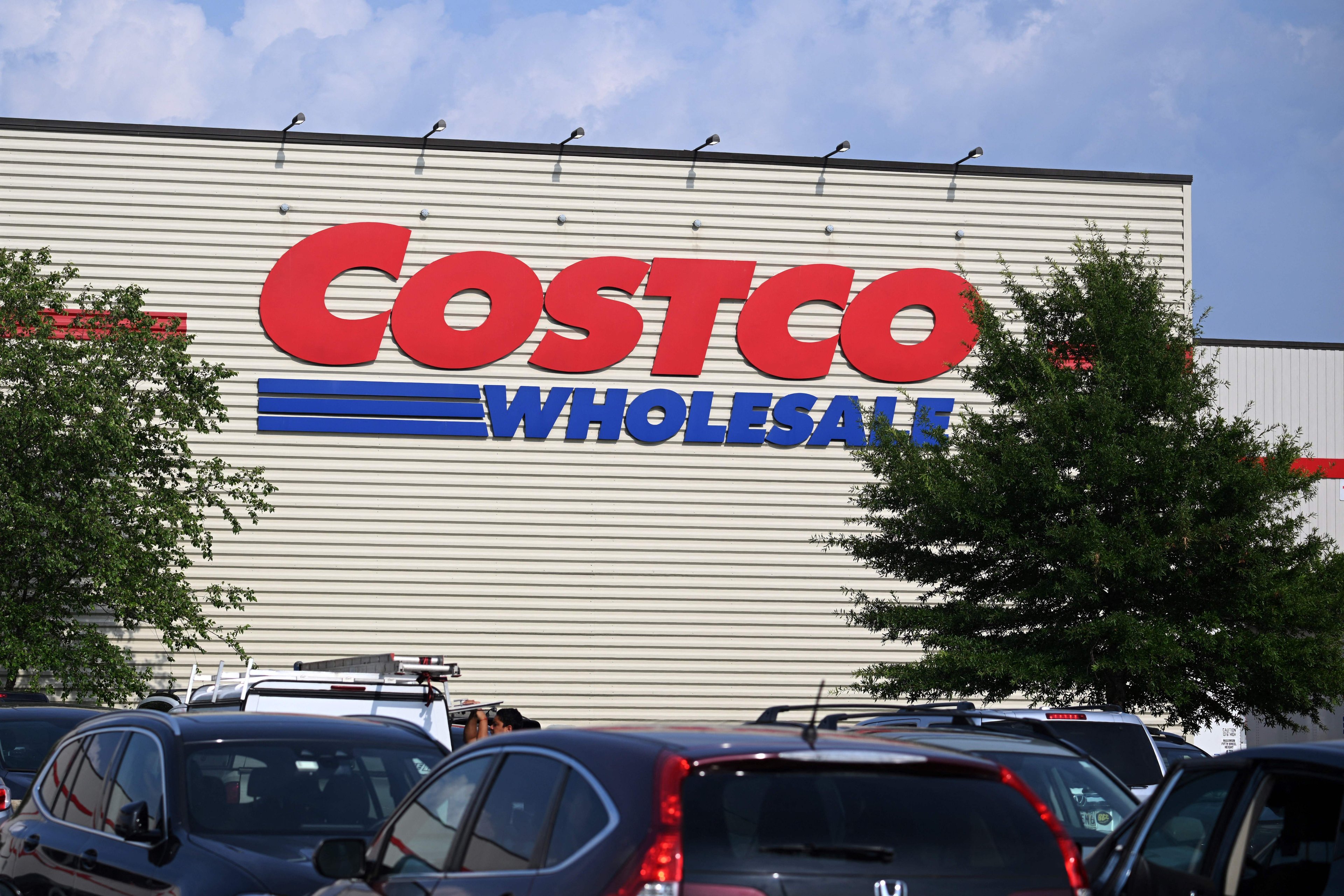Over the past few months, a significant amount of fear circulated through the financial media of a winter-induced economic slowdown. It was widely speculated that extremely harsh winter weather would take a huge bite out of the U.S. economy and would serve as a major speed bump in the steady path to recovery since the Great Recession.
Very recently, though, economic data indicators are looking stronger than many analysts and economists had anticipated. Over the past few days, we've seen consumer-spending data, a payroll report, and some positive corporate earnings that all point to a resilient consumer. In light of all of this, perhaps it's time to rethink our perceptions of how the U.S. consumer is faring.
Economic data to the rescue
Severe winter weather conditions across the U.S. were poised to seriously dent economic activity. However, key economic data points from January and February have come in better than expected, instilling hope that the winter slowdown was a temporary hiccup rather than a prolonged downturn. For instance, the U.S. Commerce Department reported that consumer spending rose more than expected. Household purchases, a key indicator that comprises 70% of the economy, rose 0.4%. And incomes rose as well, by 0.3%.
This supports the view held by many companies relying on a strong consumer that 2014 will be another year of steady, albeit unspectacular, growth. Clorox (CLX +2.73%) Chief Executive Officer Don Knauss recently admitted in an interview on CNBC that the consumer remains fragile but should remain resilient considering likely GDP growth of 2%-2.5% this year.
And he believes consumers are likely to keep spending, regardless of the weather. This means Clorox products should hold off cheaper alternatives, as Knauss specifically cites Clorox Disinfecting Wipes holds on to its 60% share in its category.
Positive data supports retailers
Retailers are showing surprising strength considering the fear of punishing weather conditions. In fact, home-improvement retailer Lowe's (LOW 0.04%) announced its spring-season hiring would increase versus last year. In all, Lowe's plans to hire 12.5% more seasonal employees than in the same period last year.This comes on top of Lowe's most recent earnings report that showed same-store sales rose nearly 4% in its most recent quarter. This is a key metric for retailers such as Lowe's, as it measures sales at locations open at least one year and strips out the positive impacts from new store openings.
In addition, discount retailer Costco Wholesale (COST +0.77%) showed little ill effects from the weather when it reported its most recent quarterly results. In the three- and six-month periods ended Feb. 16, comparable-store sales in the U.S. increased 5% excluding negative impacts from gas price deflation. Same-store sales showed strength in February as well, rising 4% in the United States.
To be sure, Costco's earnings per share fell 15% in the most recent quarter. However, weakness was concentrated in Costco's international operations due to deterioration in foreign exchange rates.
Retailers are hoping that the consumer remains steady, and positive hiring data supports that view. The Labor Department reported that the U.S. added a better-than-expected 175,000 jobs in February in addition to an upwardly revised payroll number in January. This adds to optimism that employers will shake off fears of a winter slowdown and keep hiring steadily, which will be a boost for the economy and consumer-oriented companies going forward.
The Foolish bottom line
While the financial media was quick to panic over the state of the U.S. economy in light of the extremely harsh winter weather, recent data points indicate that the slowdown will probably be temporary and not long-lasting. Consumer spending and U.S. payroll data has remained resilient in recent months, signaling a likely turnaround once warmer weather hits.
Companies reliant on a healthy consumer for profits, including Clorox, Lowe's, and Costco, effectively shrugged off the tough weather conditions and are navigating the current environment well. Their outlooks are solid, meaning consumer stocks should see buoyant sales for the foreseeable future.








